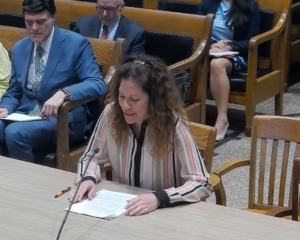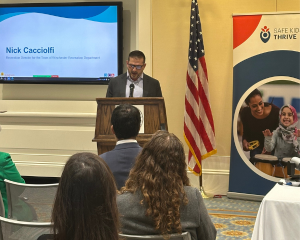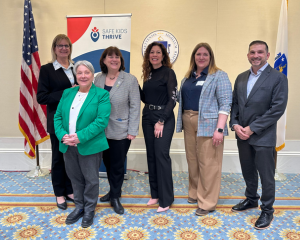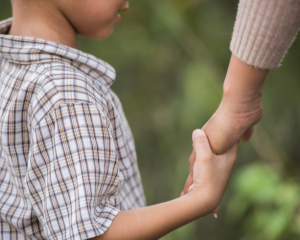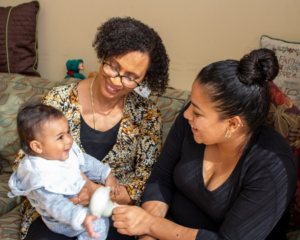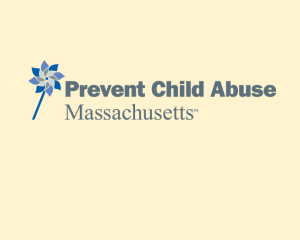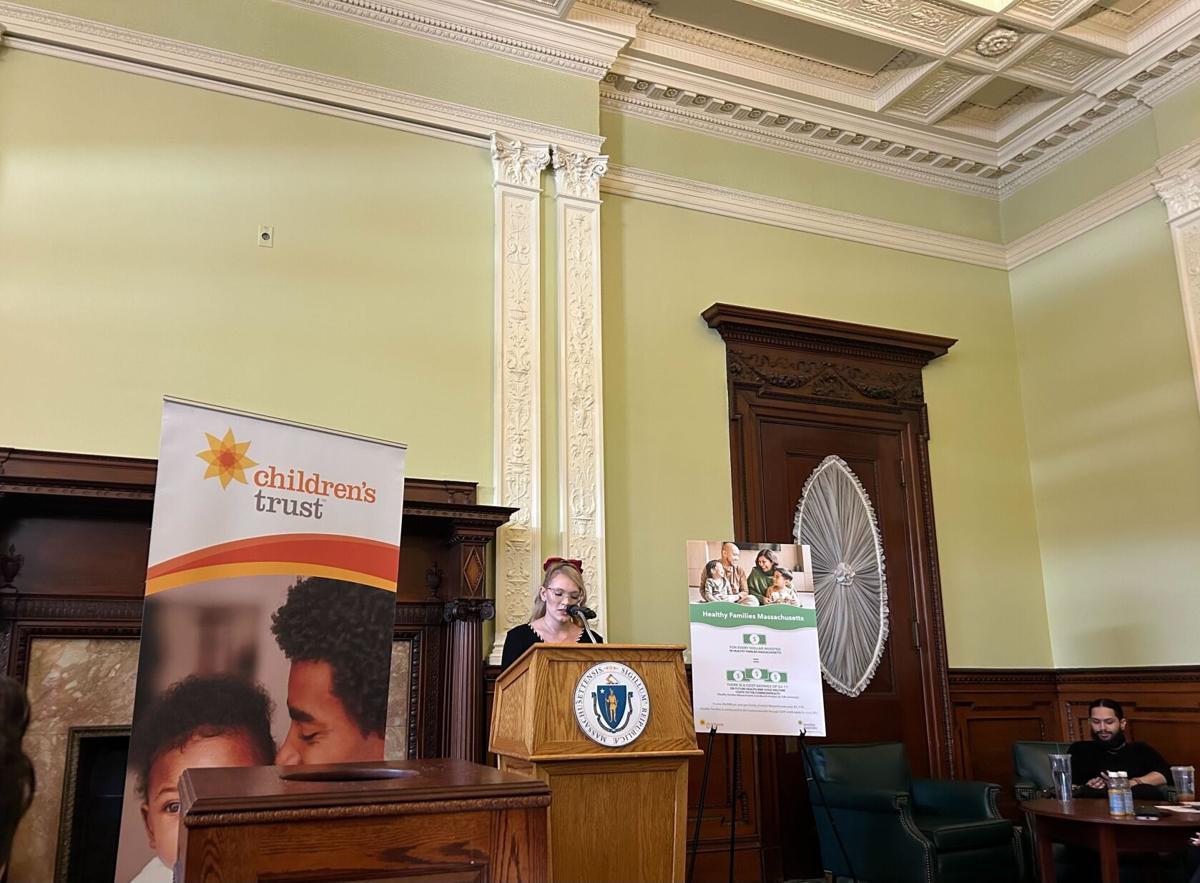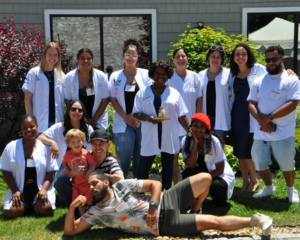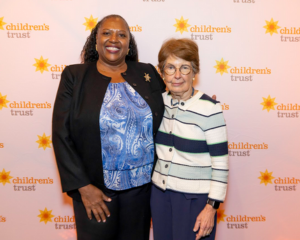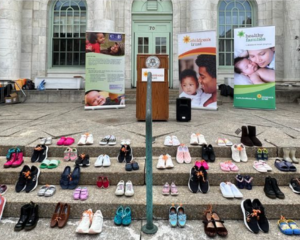April is Child Abuse Prevention Month, announced the Massachusetts Children’s Trust, the state’s child abuse prevention agency. In 2021, there were 31,119 cases of child abuse and neglect in Massachusetts, but in many instances, child abuse can be prevented with the right tools and strategies.
“The evidence is clear that in most cases, child abuse is preventable when we help families build resiliency so that they can weather stressful situations,” said Suzin Bartley, Executive Director of the Children’s Trust. “We can’t always prevent families from facing challenging times, but we can give them the tools to help them get through it so that all children can grow up in safe, nurturing homes.”
The need for parenting support programs has grown as a result of the COVID-19 pandemic as parenting stress has reached an all-time high. In 2021, the Children’s Trust’s home visitors conducted 25,467 home visits as part of the Healthy Families Massachusetts program. Healthy Families Massachusetts is a home-based family support and coaching program that supports young, first-time parents and helps them create stable, nurturing environments for their children, reducing incidents of abuse and neglect. The program matches parents with trained professionals who visit families’ homes to provide support during pregnancy and the child’s first three years of life. Home visitors teach parents about proper baby care, promote nurturing and attachment, practice effective parenting skills, and ensure parents have a solid understanding of healthy child development. They also counsel parents on achieving personal goals such as going back to school or securing a job.
"During COVID, I was experiencing a very tough time financially, mentally, and emotionally. Healthy Families was there to support me by checking up on me every day,” said one Children's Trust Program Participant who wished to remain anonymous.
According to a study from Tufts University, just two years after enrollment, mothers in the Children’s Trust’s Healthy Families Massachusetts program experienced a 36% decrease in parenting stress, a risk factor for child abuse and neglect. The longitudinal Tufts evaluation also found that involvement in the program led to lowering parents’ risky behaviors such as drug and alcohol abuse, reducing homelessness and dependence on cash assistance, and increasing parents’ employment and educational attainment which helps the economic stability of the family. Another evaluation by Tufts University found that mothers who had clinician depression when they entered the program exhibited reduced symptoms two years, and again five years, after beginning Healthy Families and experienced fewer incidences of interpersonal violence.
At the outset of the pandemic, the Children’s Trust also saw an increase in usage of its online parenting resources:
- A 159% increase in Massachusetts-based visitors to its parenting support website, onetoughjob.org, which provided guidance and support for parents struggling during the pandemic. The website received almost 73,000 visitors in 2021.
- A 255% increase to AllBabiesCry.org, which provides infant caregivers with videos and resources about how to comfort crying babies, including self-care tips and information about normal crying behavior of infants.
- The Massachusetts Legislative Task Force on the Prevention of Child Sexual Abuse, co-chaired by the Children’s Trust, launched a first-of-its-kind child sexual abuse prevention website which saw more than 1,500 users in its first two months.
The Children’s Trust evidence-based programs help families build Protective Factors that serve as buffers that help families cope, achieve, and thrive, even during times of stress. Developed by the Center for the Study of Social Policy, the Protective Factors framework is a research-driven approach that identifies five key conditions which must be in place in order to support the optimal well-being of children and families. They are the cornerstones upon which to build healthy environments for children and families.

